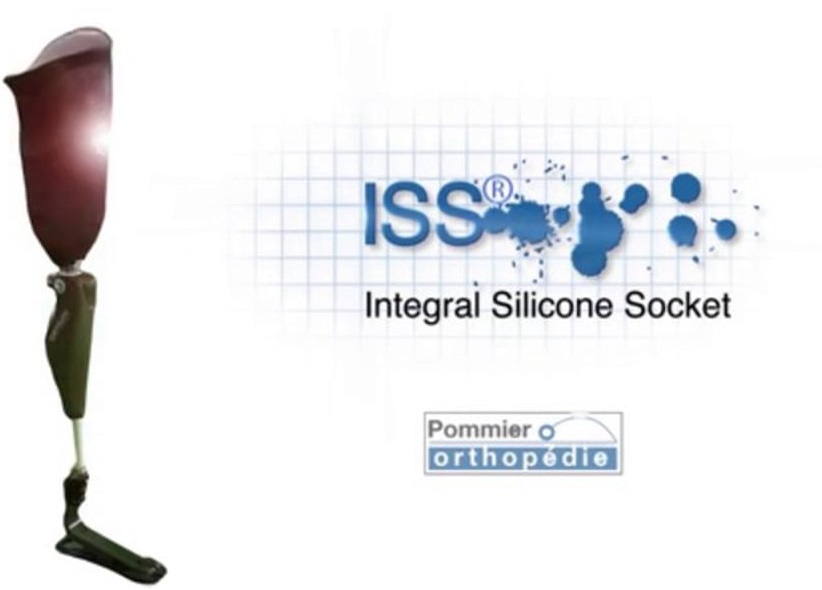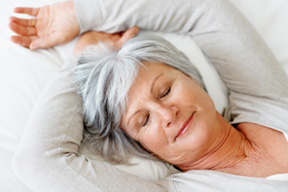“Research says less than six hours a night increases the risk of stroke symptoms four-fold among middle-age to older adults who had a normal weight and low risk for obstructive sleep apnea,” Stone explained. “Lack of sleep increases inflammation, blood pressure and the release of certain hormones, which create a greater stress response that increases stroke risk.”
Stone suggests the following sleep aids for better rest:
• Use a comfortable, firm bed to get maximum spine and body support as well as ease of movement. For people managing chronic pain, consider a heated waterbed, airbed or foam mattress, an electric blanket or a mattress pad on low heat or a wool mattress pad that provides heat. All options are especially useful for cool or damp nights.
• Remember that temperatures above 75 degrees or lower than 54 can disrupt sleep. Researchers suggest cooler instead of hotter rooms. If necessary, use a vaporizer or humidifier, since moist heat generally leads to better sleep. Clear space around the bed, put only necessary items on a nightstand.
• Refrain from consuming stimulants like cigarettes, diet pills and caffeine.
• Avoid electronic devices at least one hour before bed because they tend to disrupt sleep rhythms.
• Avoid diuretics before you go to sleep. Unless told by a physician to increase fluids, reduce their intake prior to falling asleep. Also, try not to eat right before bedtime, but a glass of milk is fine.
• To wind down, read a chapter from a book, or take a warm bath. To fall asleep, try distraction techniques like counting backwards or relaxation tapes.
• Go to bed and get up at the same time each day. Afternoon naps are acceptable, but avoid napping after dinner.
• Enjoy sunny days by spending time outdoors to regulate your body’s internal clock. If possible, exercise at the same time during the day (not before bed!).
• Reset your sleep clock. Go to bed an hour earlier or later each day until you reach the hour you want to go to sleep.
Source:
















